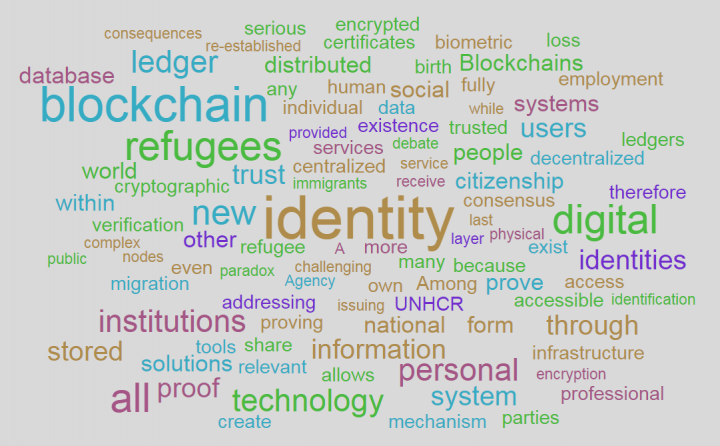
Read the articles:
The Promise of Blockchain and Safe Identity Storage for Refugees, by Monique J. Morrow.
The Enlightenment’s Social Contract vs. the Crypto-Identity of Contemporary Cyber Capitalism, by Karl Steinacker.
Connectivity Inside the Jordan refugee camp that runs on blockchain, by MIT Technology Review (Copyright © 2018, All rights reserved MIT Technology Review; www.technologyreview.com)
